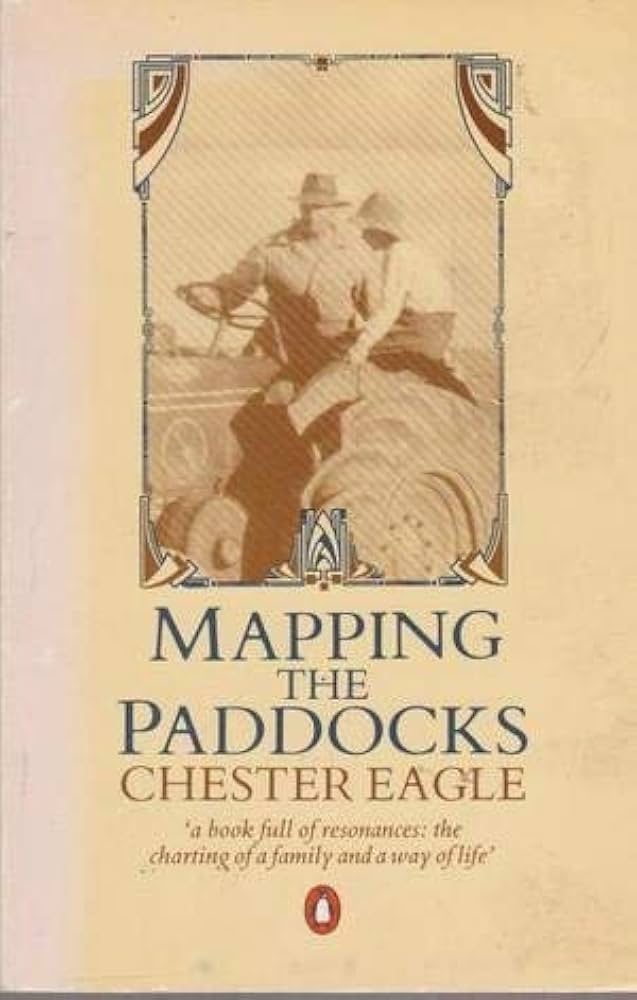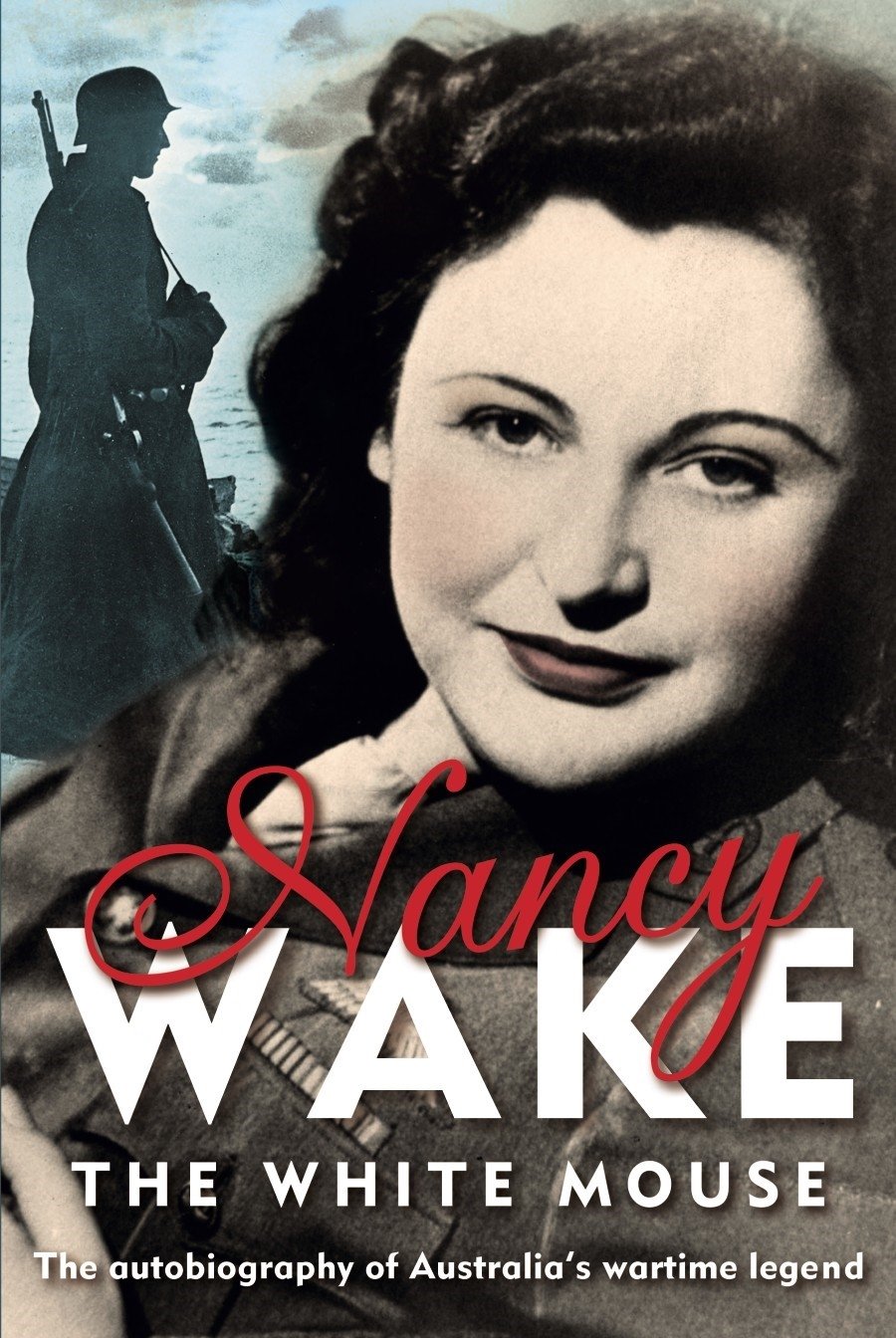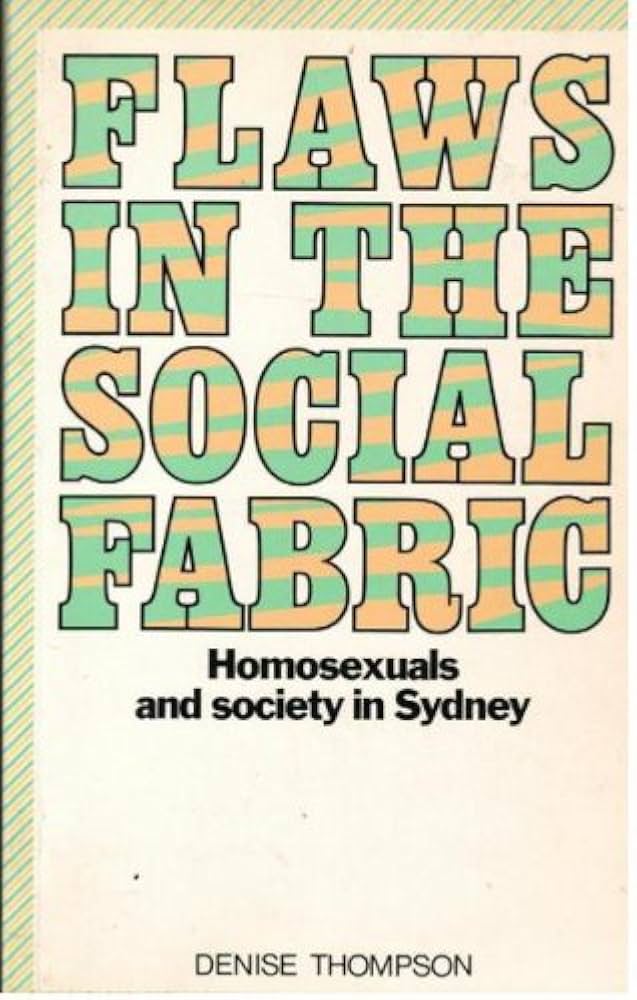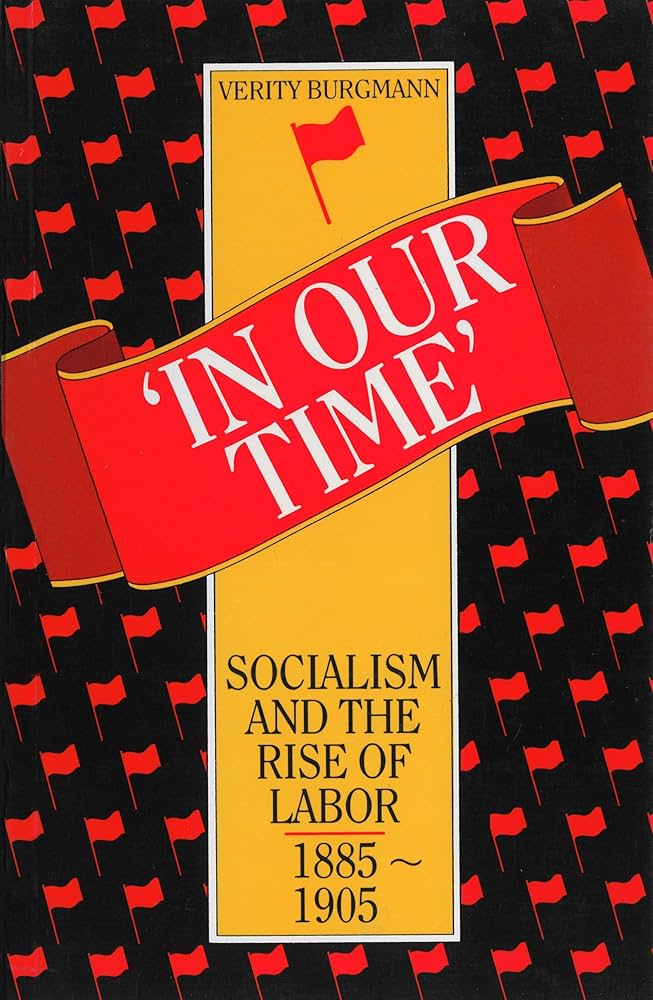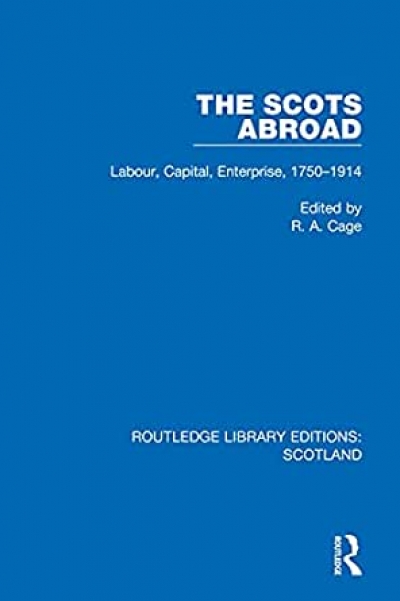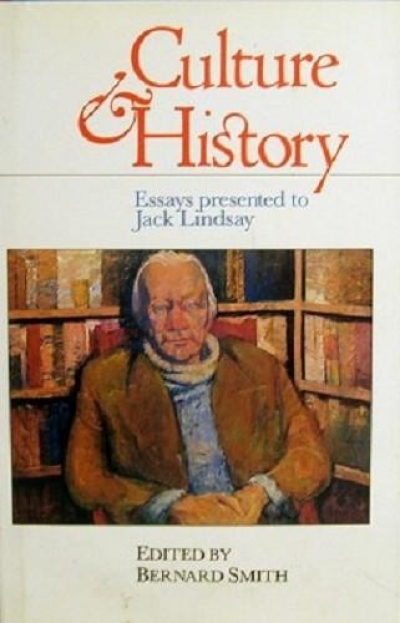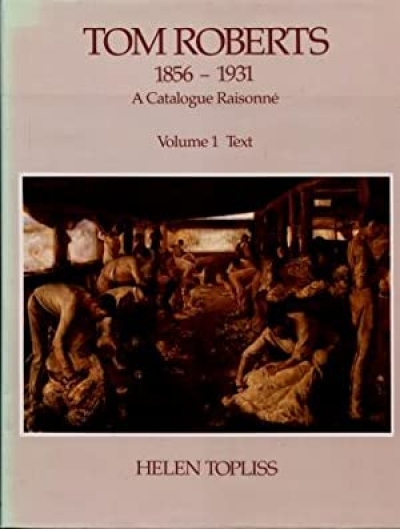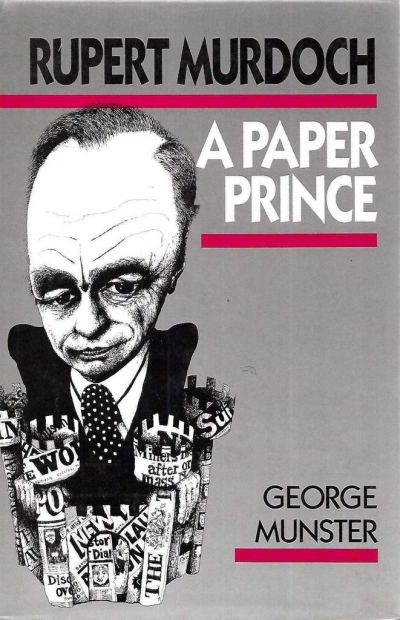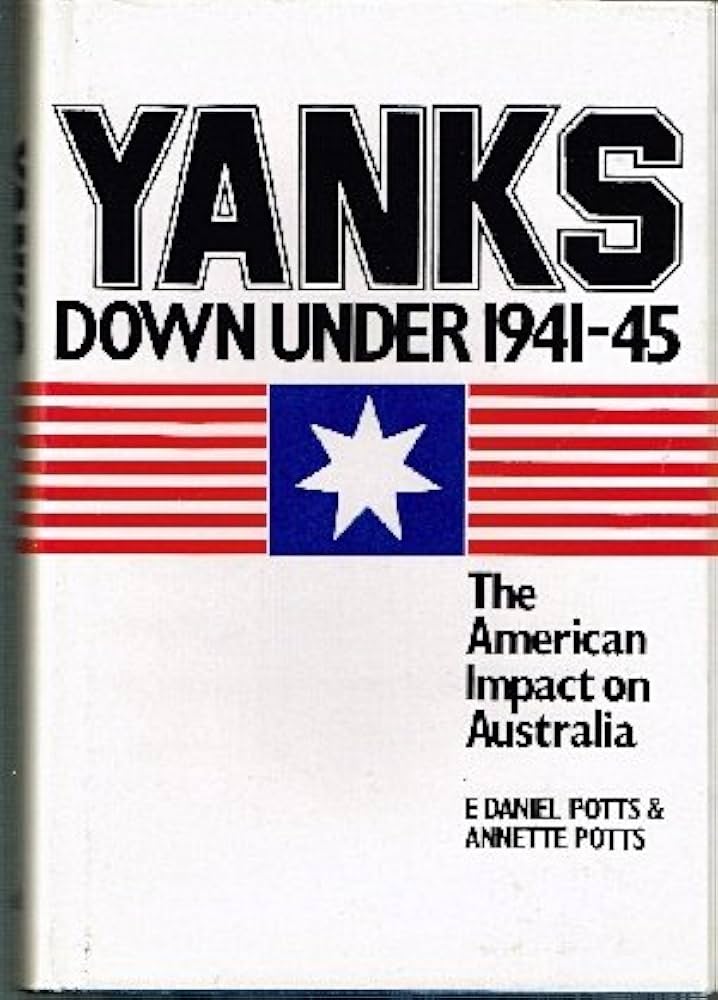History
This book of elegant and gentle reminiscence covers the period ‘from the depths of the depression to the return of Bradman’. Bradman is used to present a focus of a boy’s perception of his world in the thirties and forties. There is a war, and no cricket, no Bradman. ‘Test cricket was in abeyance, only to return if we won. What would the Germans do to cricket? Ban it? Shoot all cricketers? The Japanese would be worse, Father said. Despite Teutonic arrogance, the Germans were European, while the Japanese were yellow and beyond prediction.’ The war touches life on the Riverina plain near Finley. Planes overhead, men going off to war, and finally, news of the bombing of Hiroshima and Nagasaki. ‘A city had been destroyed. I’d been to Melbourne, I knew what a. city was, and a. city bad been destroyed ... The war, which would soon end, would be leaving us high and dry above the waters that had produced Hammond, Larwood, Voce, Maurice Leyland ... ’ Life will never be the same on the playing fields of Finley or in the paddocks of the Eagle farm. This is a book of sophisticated whimsy, of convincing recollection, of deep but deft seriousness. ‘Time passed. The Germans were defeated. The papers ran articles on the fitness of Bradman and the likelihood of his return.’
... (read more)The White Mouse by Nancy Wake & The Diggers of Colditz by Jack Champ and Colin Burgess
Resistance has three components – intelligence, sabotage, and aiding service personnel to evade capture. or to escape. Nancy Wake, in occupied France, was active in all three; and Jack Champ escaped. A member of the sixth division, he was captured in Greece, later taken to notorious Colditz.
... (read more)Not since Altman has there been such an erudite book on the subject of homosexuality/lesbianism.
... (read more)It may still be useful to begin by describing what Hugh Lunn’s book does not set out to do, then there can be no misunderstandings as to whether or not he has achieved his objectives.
The book is not an account of the Vietnam War in the sense that it at any time attempts to explain who is fighting whom, for what reasons and by whatever tactics and strategies. You will learn next to nothing from Lunn about the causes of the war, the reasons for American and Australian involvement or anything else of a significant political, historical or military nature.
... (read more)In Our Time: Socialism and the rise of Labor 1885 – 1905 by Verity Burgmann
Although this book is written of a period in Australian history beginning exactly one century ago, a verse from a poem written in the 1890’s which Burgmann quotes on the last page of her book has poignancy for labor idealists today:
No wonder that the people turn, they are so oft betrayed
By men of mighty promises whom danger makes afraid.
O what’s the use of choosing chiefs to smash the Evil down,
If when they get into the van they end by ‘backing down’
Yet this is not a tale of betrayal and woe. It is the story of men and a few women who were in the vanguard of organised labor as it became politically influential; frustrated and frequently exhausted they may have been, and not a few succumbed to the ease of parliamentary privilege, but in this chronicle of their activities it is remarkable how rarely the canker of cynicism appears.
... (read more)The Scots Abroad: Labour, capital, enterprise 1750–1914 edited by R.A. Cage
The editor of The Scots Abroad took one big hoary fact, stuffed it in a cannon and fired it. Indeed he fired it to several parts of the world. Then he wrote letters to the provincial experts, asking them to survey the effects his missile had on landing. The results of course were fairly predictable and roughly the same in each case – it was the same fact after all. A lot of gravel and some larger stones thrown up, several casualties among the native population, little damage to public buildings, though in more than one case banks were reported collapsed and men in grey suits were seen running away. At the bottom of the crater lay the fact, quite unexploded, still as hoary and unyielding as when it was fired. This was a Scottish fact, or, rather, the fact was a Scot, or a Scottish ‘national type’, so we shouldn’t wonder that it was quite intact.
... (read more)Culture and History Essays Presented to Jack Lindsay edited by Bernard Smith
From his first venture into print in 1923 Jack Lindsay has produced well over 150 books covering subjects as wide ranging as alchemy, ballistics, anthropology, philosophy, literary and art history, biography, and politics, as well as his own creative writings. His ‘astounding creative energy’ has deserved a large and generous book and he is well served by this collection of twenty-two essays and he is magnificently served by Bernard Smith’s editing, which, by placing the essays in illuminating sequences and juxtapositions, maps out the complexity and quality of Lindsay’s life and work. Smith’s Preface argues for the need in a volume such as this to redress the neglect in this country of Lindsay’s voluminous and wide-ranging work. The attempt deserves success.
... (read more)Tom Roberts 1856–1931: A catalogue raisonné by Helen Topliss
When Scholars wandered across our television screens recently, palettes in hand, many were offended by the anachronisms: busts taking artists off to Sydney, or feminist polemics leading out to a car-clogged St Kilda Road. One Summer Again was an impression of Australia’s impressionists, and had the honesty to make that plain; and the more one reads about Roberts, Streeton, and Conder, the more it becomes clear that, in addition to communicating the raw energy and exuberance, the miniseries got the essentials absolutely right. Tom Roberts was as Chris Hallam, himself a onetime Englishman and art student, depicted him: confident, given to making pronouncements, a touch humourless perhaps, but a man with a high sense of purpose who easily moved among all kinds of people at all social levels.
... (read more)Rupert Murdoch: A paper prince by George Munster
One of the truly astonishing accounts to emerge in Munster’s account concerns another US president, John F. Kennedy, whose press secretary, Pierre Salinger, forged a cable in Murdoch’s name to kill a Murdoch report of an off-the-record talk he had with the president. The cable, sent through State Department channels, was signed ‘Murdoch’.
... (read more)Yanks Down Under 1941-45 by E. Daniel Potts, Annette Potts & Australia 1942: End of Innocence by Brian McKinlay
Yanks Down Under purports to examine the “American impact on Australia” during the second world war. After some 400 pages of text I was no wiser as to the nature of this impact. I could not decide whether the authors thought that the wartime American presence here had a permanent effect or whether it was significant but strictly temporary. In their final sentence the authors claim that the American presence led to the “development, years before the creation of any formal diplomatic and military agreements, of a lasting alliance”, but it is difficult to discover any basis for this assertion in the evidence that the authors provide. The bulk of the book is devoted to a mountain of almost entirely trivial detail which is not without interest, nostalgic or otherwise, but which falls far short of sustaining the argument that the authors apparently seek to advance.
... (read more)

